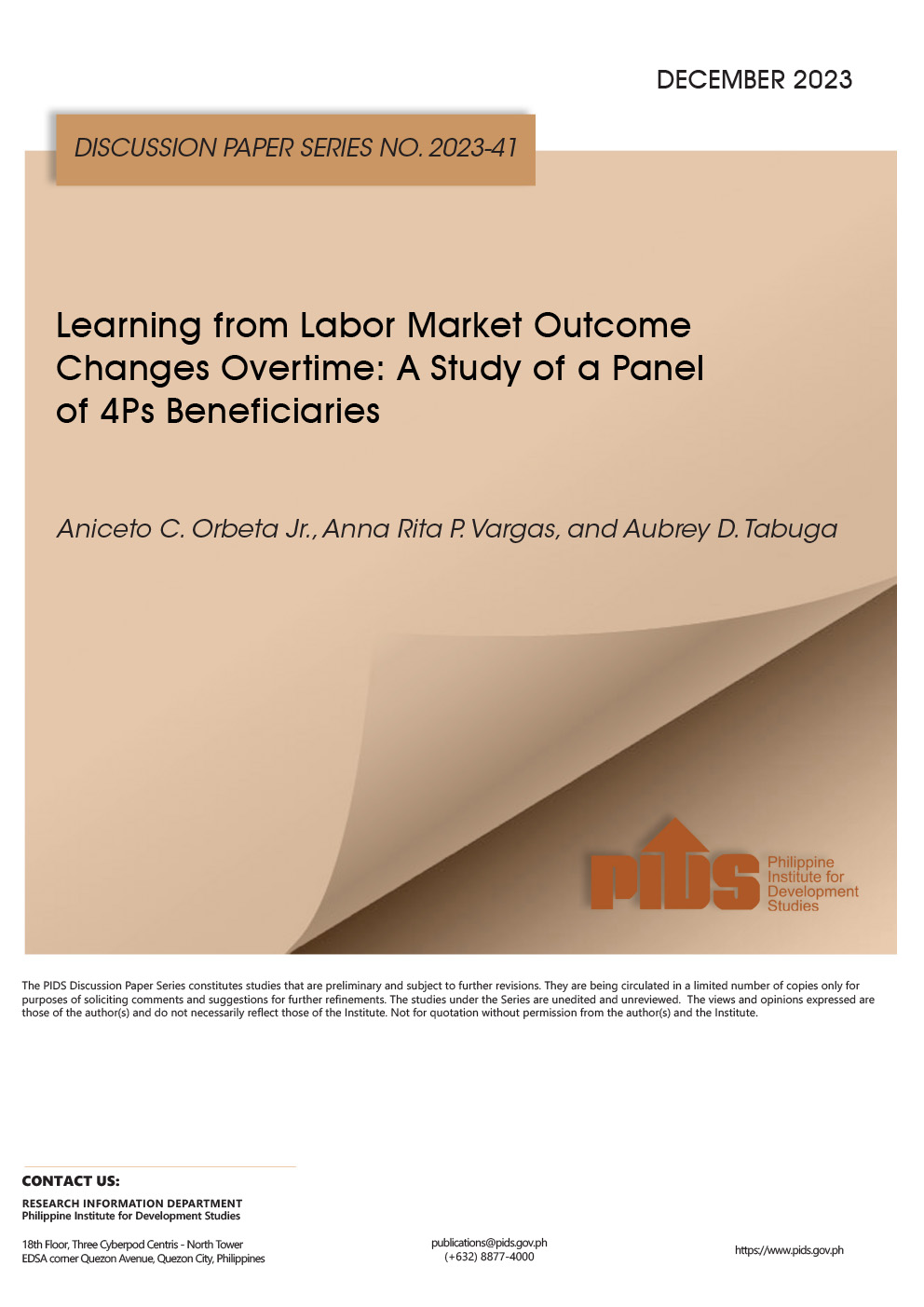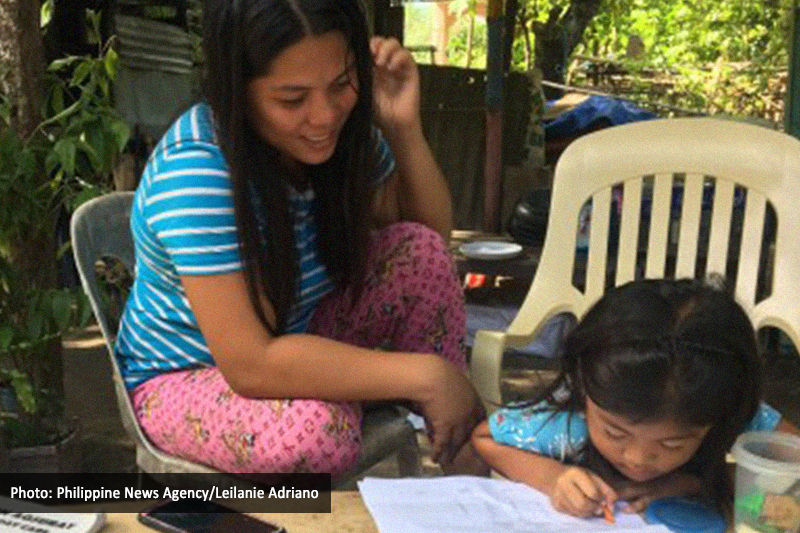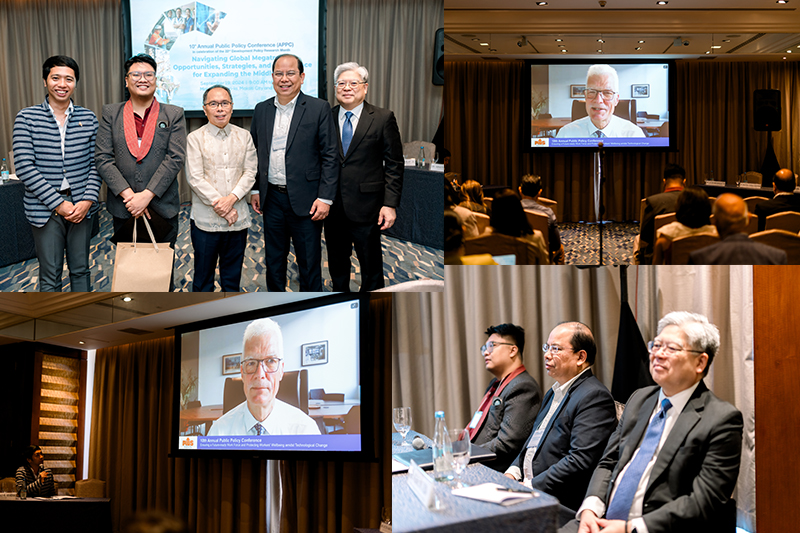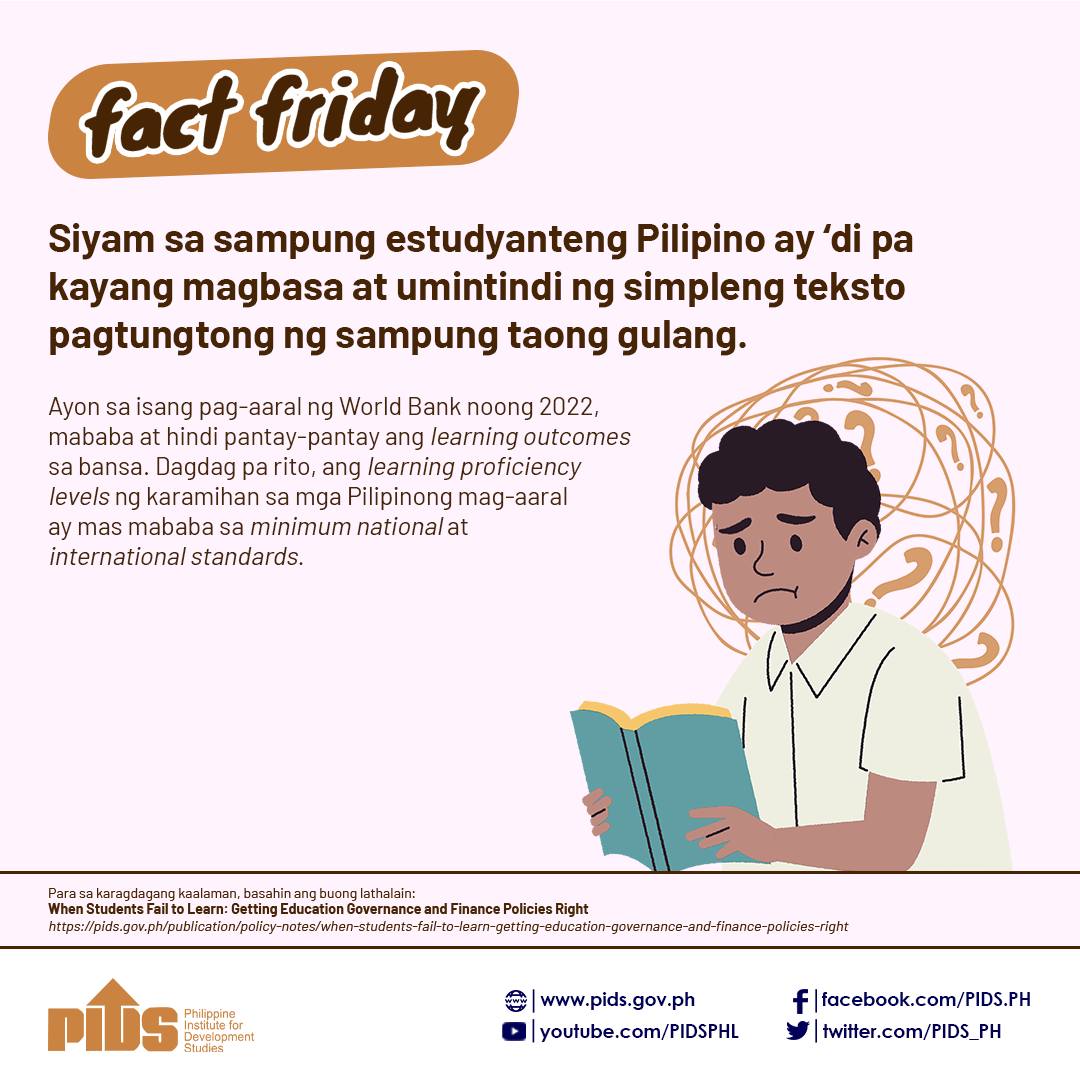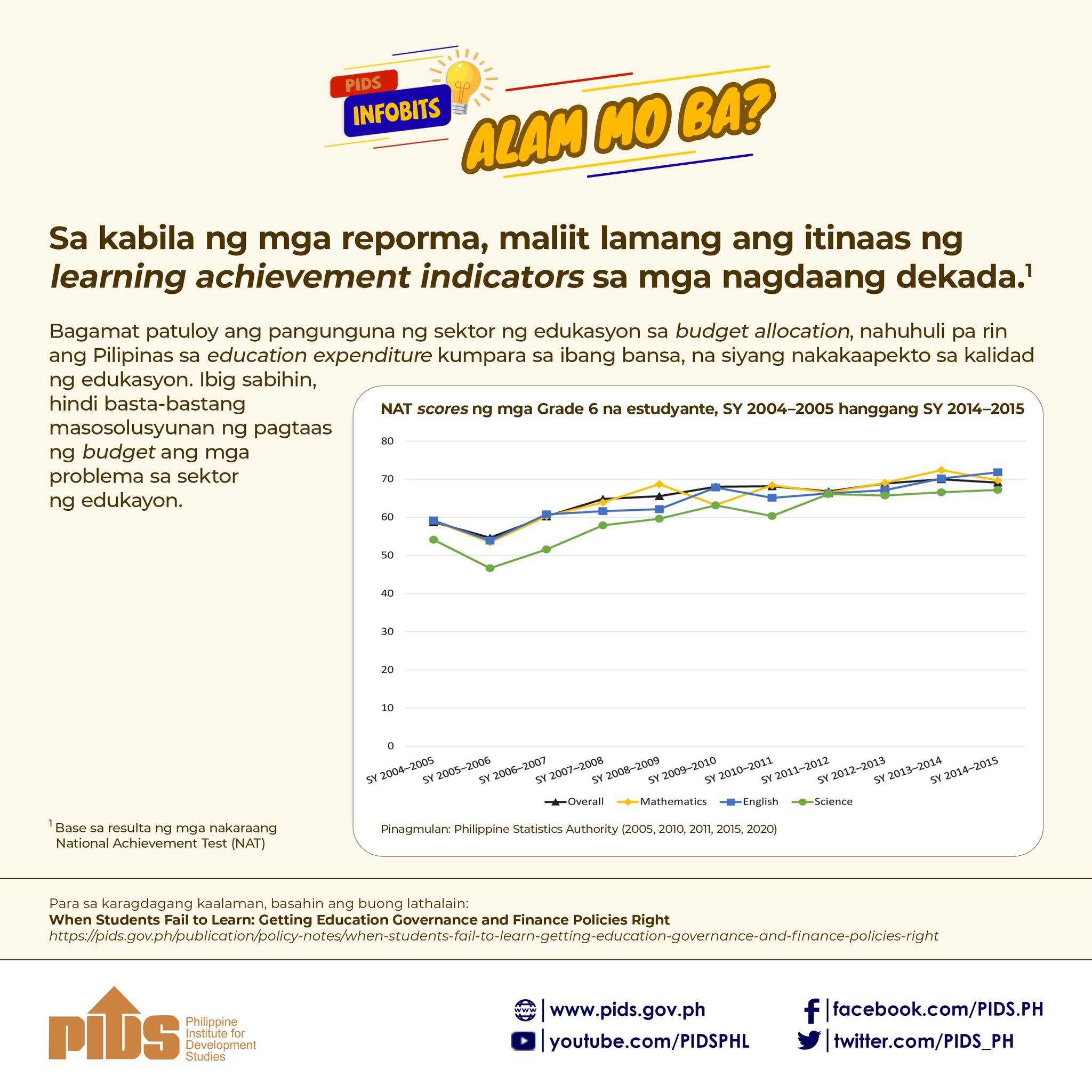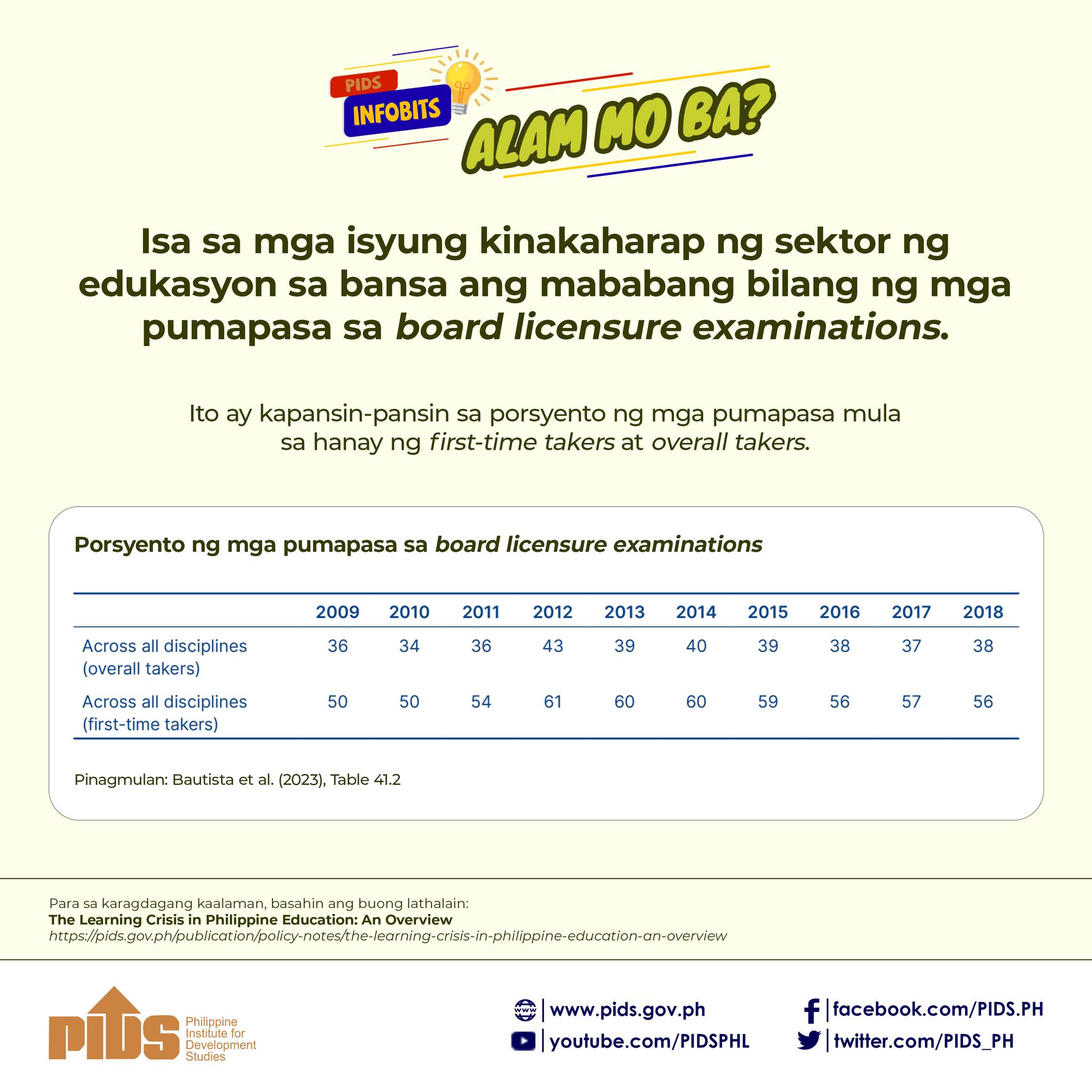MANILA, Philippines – The Department of Education (DepEd) on Monday, June 1, said that students with special needs will be included in preparations for the distance learning approach this coming school year.
During Monday's virtual press briefing, Education Undersecretary Tonisito Umali said that the present policy of DepEd is "inclusive education, so definitely that our students with special needs will be considered in the learning continuity plan."
"What I'm saying is that DepEd has always been allocating funds to provide for the materials that may be needed for our children with exceptionalities," Umali said.
Umali also said that the monthlong remote enrollment should identify the needs of these students as the department conducts a survey to parents and students.
"The purpose of this monthlong enrollment and survey should also capture the needs of the students while we're in a pandemic. This is the time that they can tell what they need [in the conduct of the distance learning]," Umali said in a mix of English and Filipino.
Undersecretary Nepomuceno Malaluan said that one of the principles of the Learning Continuity Plan that DepEd is developing is "to be sensitive with inequalities."
Citing an example, Malaluan said there should be adaptation for those using braille – a tactile reading and writing system used by people who are visually impaired.
"Kasi gagawin itong mga learning resources that is originally intended for classroom-based instruction, so may pagkakaiba 'yan at kailangang may special provision talaga for those with different disabilities," Malaluan said.
(We will remake these learning resources that is originally intended for classroom-based instruction, so there will be differences and there should be a special provision for those with different disabilities.)
The adaptation of distance learning for special education may prove challenging. Even before the coronavirus pandemic, a 2019 study by state think tank Philippine Institute of Development Studies (PIDS) already revealed the challenges of the implementation of the special education curriculum in the Philippines.
The study cited a lot of barriers that hinder teachers from using inclusive strategies in the classroom, such as poor classroom management, inadequate use of materials, lack of instructional dialogue, and the teachers' lack of proficiency in sign language.
To make sure that learning remains unhampered as the country battles the coronavirus pandemic, the DepEd will be implementing a distance learning approach when classes start on August 24.
The decision to open schools in the middle of the health crisis was met with criticism.
Parents and students had criticized the DepEd's decision, as the finances of households have been affected by quarantine policies. Some questioned the soundness of the policy as some households don't even have access to a computer or the internet.
The DepEd maintained the lack of access to technology should not be a problem as schools will be providing printed modules for students.
The department has 3 months to prepare before the start of distance learning in late August.
Meanwhile, senators on Monday afternoon unanimously approved on final reading a bill which seeks to give President Rodrigo Duterte the power to start classes later than August during a state of emergency.
During Monday's virtual press briefing, Education Undersecretary Tonisito Umali said that the present policy of DepEd is "inclusive education, so definitely that our students with special needs will be considered in the learning continuity plan."
"What I'm saying is that DepEd has always been allocating funds to provide for the materials that may be needed for our children with exceptionalities," Umali said.
Umali also said that the monthlong remote enrollment should identify the needs of these students as the department conducts a survey to parents and students.
"The purpose of this monthlong enrollment and survey should also capture the needs of the students while we're in a pandemic. This is the time that they can tell what they need [in the conduct of the distance learning]," Umali said in a mix of English and Filipino.
Undersecretary Nepomuceno Malaluan said that one of the principles of the Learning Continuity Plan that DepEd is developing is "to be sensitive with inequalities."
Citing an example, Malaluan said there should be adaptation for those using braille – a tactile reading and writing system used by people who are visually impaired.
"Kasi gagawin itong mga learning resources that is originally intended for classroom-based instruction, so may pagkakaiba 'yan at kailangang may special provision talaga for those with different disabilities," Malaluan said.
(We will remake these learning resources that is originally intended for classroom-based instruction, so there will be differences and there should be a special provision for those with different disabilities.)
The adaptation of distance learning for special education may prove challenging. Even before the coronavirus pandemic, a 2019 study by state think tank Philippine Institute of Development Studies (PIDS) already revealed the challenges of the implementation of the special education curriculum in the Philippines.
The study cited a lot of barriers that hinder teachers from using inclusive strategies in the classroom, such as poor classroom management, inadequate use of materials, lack of instructional dialogue, and the teachers' lack of proficiency in sign language.
To make sure that learning remains unhampered as the country battles the coronavirus pandemic, the DepEd will be implementing a distance learning approach when classes start on August 24.
The decision to open schools in the middle of the health crisis was met with criticism.
Parents and students had criticized the DepEd's decision, as the finances of households have been affected by quarantine policies. Some questioned the soundness of the policy as some households don't even have access to a computer or the internet.
The DepEd maintained the lack of access to technology should not be a problem as schools will be providing printed modules for students.
The department has 3 months to prepare before the start of distance learning in late August.
Meanwhile, senators on Monday afternoon unanimously approved on final reading a bill which seeks to give President Rodrigo Duterte the power to start classes later than August during a state of emergency.

